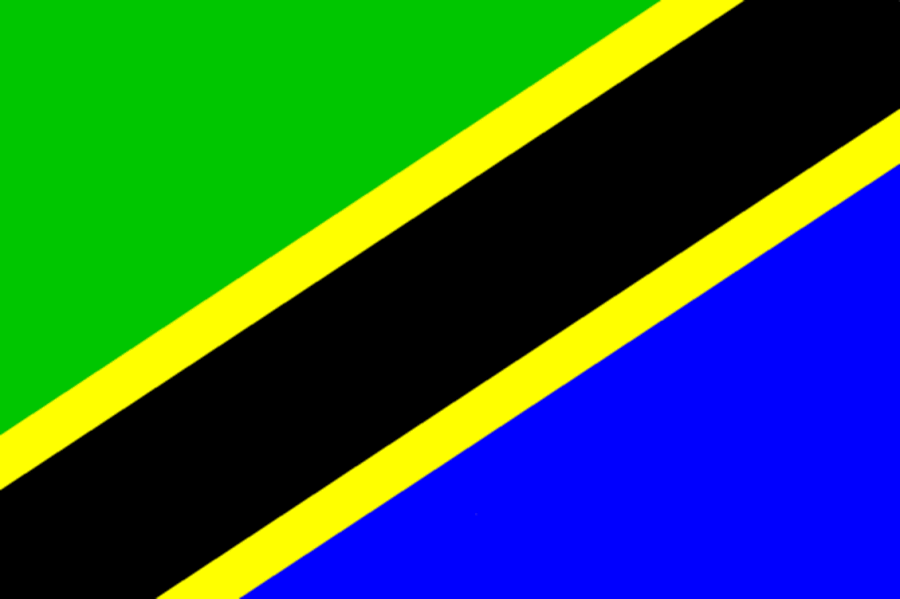With just three years and a few months left to the next general elections in 2020, women who vied for various political positions in the previous polls have cautioned against male scribes who extort sexual favours from female candidates to publish or air their campaigns.

The revelation was among the concerns raised during a Tanzania Media Women’s Association (TAMWA) forum on how the country’s media outlets covered reports of election campaigns for female candidates in particular and, generally, on women, children and disadvantaged people during the 2015 polls and how best the situation can be remedied in time for 2020.
Ms Rehema Mohamed, who vied for ward councillor seat, revealed how reporters asked for money before giving her coverage as some male journalists allegedly went far to the extent of demanding sexual favours from female candidates during campaigns to provide them with interviews and ‘premium’ coverage. “Failure by the women candidates to comply with scribes’ demand is what caused poor coverage of their activities in the local media,” Ms Mohammed claimed.
Presenting the findings’ report, Ms Rashida Shariff, the United Nations’ Woman Leadership and Political Participation Programme Coordinator (UN Woman) revealed that, when it comes to media coverage, most outlets and their reporters were biased in favour of male candidates, snubbing women in the process.
“Let’s just say that no woman; not even the one who vied for the presidency ever got front page coverage in the newspapers or prime time airing in radio and on television. Stories about female candidates were published as fillers or ‘meanwhile(s)’ to the main stories, giving prominence to male candidates and politicians’ reports,” she charged.
Ms Shariff complained that it was too insulting to find some of the women candidates’ stories covered in special women pull-outs, ‘beauty’, ‘weekend or ‘leisure’ magazines as if they were just trivialities.
One of the female journalists, who attended the discussions, Ms Pamela Mollel, said that although she is a woman, the truth needed to be told — that many of the female candidates failed to come up with issues good or strong enough to attract better coverage. “I covered many of their meetings and most ended up shaking on stage.
Others wept and some even became too defensive, which irked or put off journalists,” said Ms Mollel. Another journalist, Ms Hellen Kawiche, said most media outlets were audience and business-focused, hence the tendency to give prominence to politicians who seemed to attract more following or those that came up with issues bound to create major public interest.

